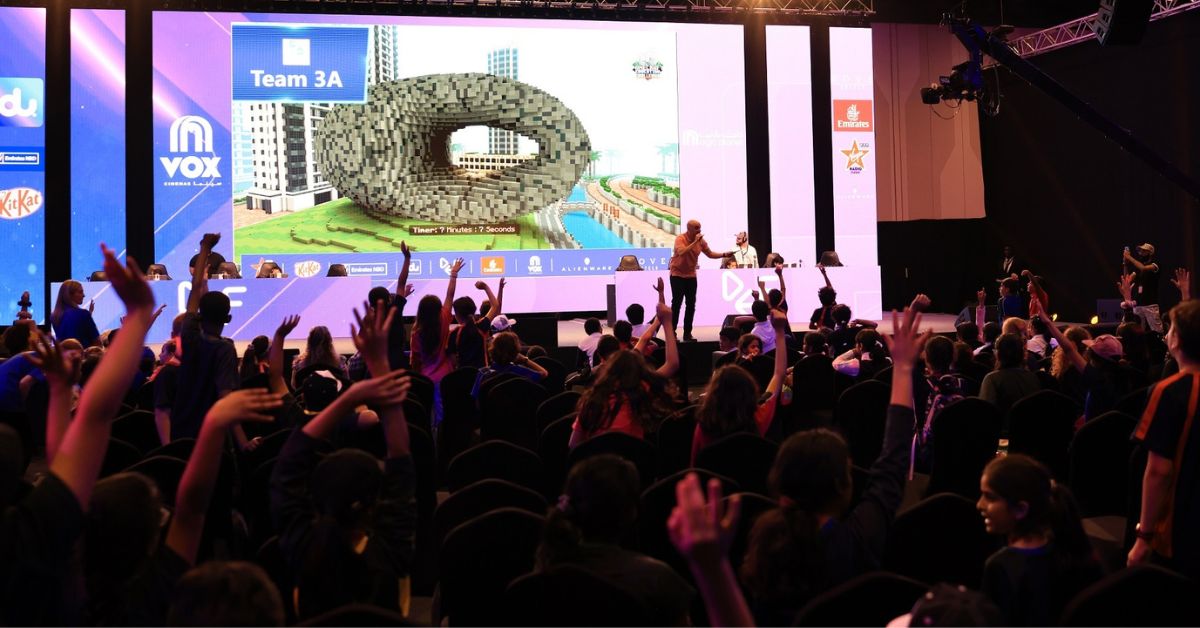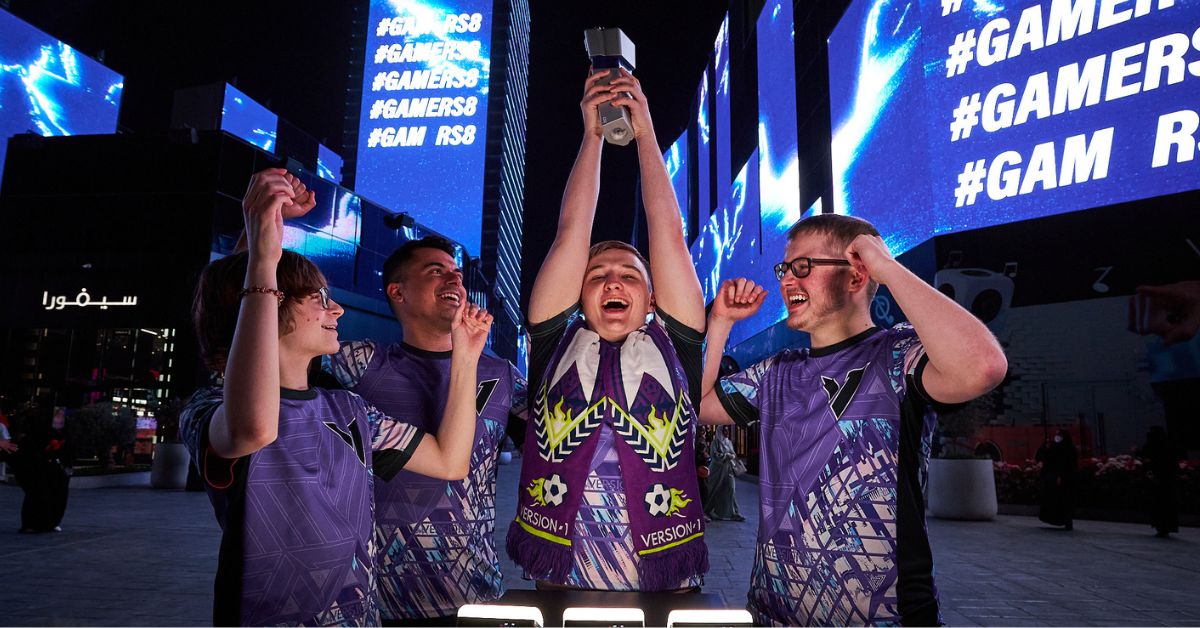RIYADH — The Middle East is quickly emerging as a significant force in esports, a sector with vast growth potential. With its large gamer community and recent investments, the region is poised to become a central hub for the global esports industry. Saudi Arabia, with the creation of Gamers8, the biggest independent esports tournament, has placed itself at the vanguard of the Middle Eastern esports scene.
Saudi Arabia’s commitment to esports is evident in its support for esports clubs and athletes. In 2023, the country is set to host 12 events with an unprecedented prize pool of US$ 45 million, as highlighted in BCG’s recent gaming report, ‘Let the Game Begin: How Esports is Shaping the Future of Live Entertainment.’
The UAE has also carved out a significant role in esports, thanks to its plethora of gaming centers and high-stakes international competitions. The esports organization Nigma Galaxy has made Abu Dhabi Gaming its base, and the venue has been the site of major tournaments, including the BLAST Premier World Final for Counter-Strike: Global Offensive.
The report further notes that Dubai has cemented its reputation as a premier esports destination by hosting the exhilarating PUBG Global Championship in 2022. Additionally, the Middle East has been the backdrop for captivating events such as the Dubai Esports Festival, the Games for Change summit in Abu Dhabi, and the Al Ain Anime and Gaming Festival.
At a glance * Middle East's large gamer community contributes to its rise in esports. * Saudi Arabia's Gamers8 is the biggest independent esports tournament in the region. * In 2023, Saudi Arabia plans to host 12 esports events. * The prize pool for these events is set at an unprecedented US$ 45 million. * Nigma Galaxy, an esports organization, has chosen Abu Dhabi Gaming as its base. * Dubai hosted the PUBG Global Championship in 2022. * The Middle East has seen events like the Dubai Esports Festival and the Games for Change summit in Abu Dhabi. * The global gaming community boasts an estimated three billion active players. * Out of these, around 500 million are esports enthusiasts. * Over 100 million hours spent watching esports events online. * Major live esports tournaments often sell out within hours. * The esports audience of 500 million is a fraction of the global gamer population, indicating growth potential.
“The Middle East’s rise as an esports leader is a testament to the region’s enthusiasm and investment in the gaming sector,” commented Alexander Schudey, Managing Director and Partner at BCG.
With a substantial and expanding gaming community in the Middle East, esports is poised to significantly influence the future of live entertainment in the region.
Countries such as Saudi Arabia and the UAE have taken decisive measures to position the Middle East as a global hub for esports. These innovative initiatives aim to attract players from around the world and provide a platform for local players to enter the professional arena.
Esports industry stakeholders and their contributions
Esports Organizations: Elite teams spanning various esports have surfaced in recent years, signaling a shift towards a more professional industry. Numerous Middle Eastern clubs have pivoted their business strategies to encompass media and entertainment facets.
National Governments: Some national governments are recognizing the potential of esports. The Middle East, especially Saudi Arabia, is demonstrating its commitment to the esports sector by wholeheartedly embracing this trend.
Multinational Organizations: The International Olympic Committee (IOC) is deliberating the inclusion of esports in its agenda. Their endorsement could elevate the global stature of esports.
Esports Federations: These organizations play a pivotal role in talent development, orchestrating programs to scout and nurture upcoming players. Such initiatives empower individuals in the Middle East to consider esports as a legitimate career path.
Brands: Businesses are leveraging the esports phenomenon to promote their products. Beyond financial backing, their involvement enhances the spectator experience through strategic sponsorships and partnerships.
Media Companies: Media entities are tapping into the esports trend to diversify their content offerings. Movistar Esports, a joint venture between Time Warner and Telefonica, aspires to be the premier destination for Spanish-language esports content. Such endeavors expand esports’ reach and bolster the sector.

The global esports landscape
The gaming realm is thriving, boasting an estimated three billion active players. Of this vast player base, only about 500 million are believed to be esports enthusiasts, indicating a substantial untapped audience.
While esports and traditional sports share some similarities, esports centers on competitive video gaming. Unlike conventional sports, esports boasts its distinct ecosystem, encompassing game publishers and licensing partners. Each game has its specific tournament formats and rule sets.
Over 100 million hours have been dedicated to watching esports events online. Additionally, tickets for major live tournaments often sell out within hours, underscoring esports as a prevailing entertainment form.
The past few years have witnessed a rise in both the number and caliber of tournaments, accompanied by an increase in their prize pools. The esports industry still has ample growth potential; the current audience of 500 million represents just a small fraction of the global gamer population.








